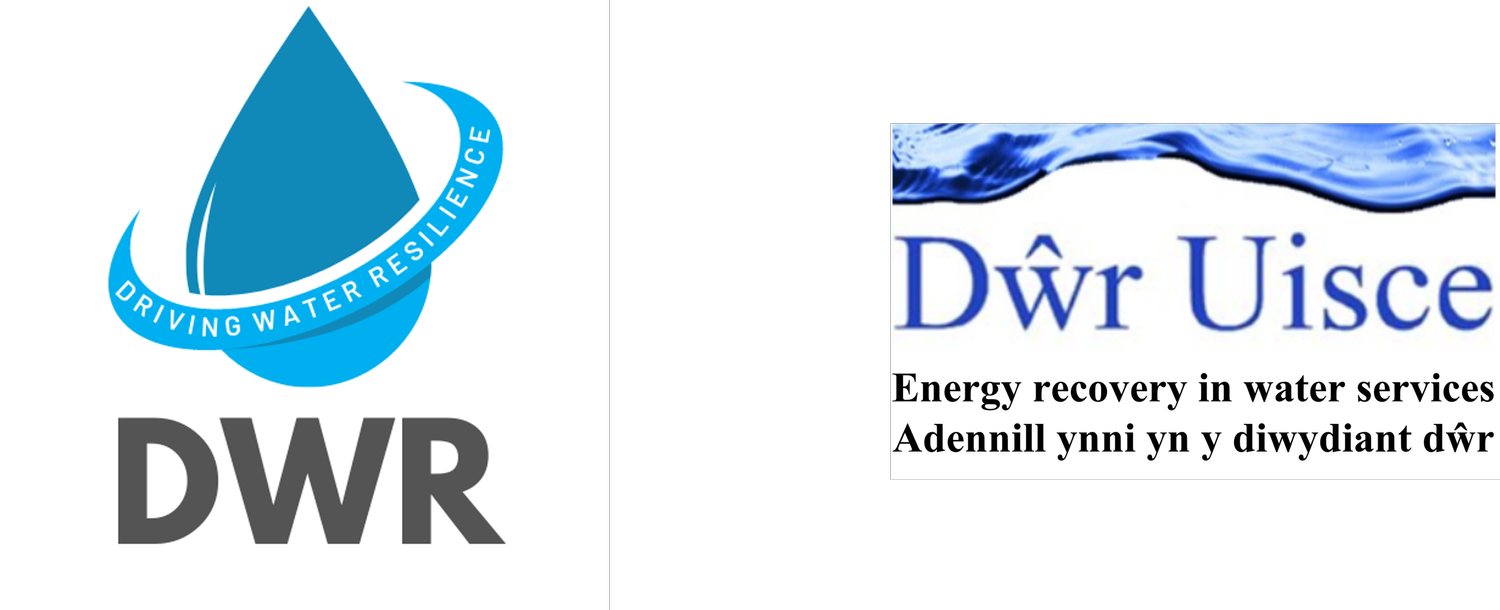RECOVERING HEAT FROM DRAIN WATER IN COMMERCIAL KITCHENS
05 April 2022 (Rescheduled from 15 March 2022) 10am -11am
Don’t flush money down the drain! – How you can recover heat and money from kitchen wastewater.
Speakers: Dr Isabel Schestak, School of Natural Science, Bangor University, Wales (UK); Dr Ajeet Singh, Department of Civil, Structural and Environmental Engineering, Trinity College Dublin, Ireland
Host: Professor Aonghus Mc Nabola, Department of Civil, Structural and Environmental Engineering, Trinity College Dublin, Ireland
Did you know that wastewater is the number 1 source of energy loss in modern buildings? That means that the heat you paid for your hot water, is literally being flushed down the drain!
In this free online workshop, you will learn how energy, money and environmental impact (incl. carbon emissions) can be saved using the warm drain water that leaves your kitchen.
Content: The webinar is specially designed for owners of commercial kitchens such as restaurants, pubs or canteens and all interested stakeholders in hospitality and the food and drink service sector. We will explain how the simple technology for recovering heat works, how you can reduce heating costs and how this makes your operations greener. You will be able to get an estimate for the cost reduction potential for your specific kitchen using our heat recovery toolkit designed for this purpose.
Join us in reducing the climate impact of kitchens!
Audience: Owners of restaurants, pubs, canteens etc., touristic site managers, restaurant and catering managers, business owners from the hospitality sector, public servants/officials, anyone interested in heat recovery from drain water
Do participants need prior knowledge of the topic? No
What participants will learn during the webinar: Current climate impact of water heating in food and drink and of their kitchens’ water use and heating; technology, financial and environmental aspects of heat recovery from kitchen drains; how to estimate the cost and environmental savings of their own kitchen using the toolkit > what is the potential in their case; potential suppliers of the technology; awareness raising of improved heating efficiency.


